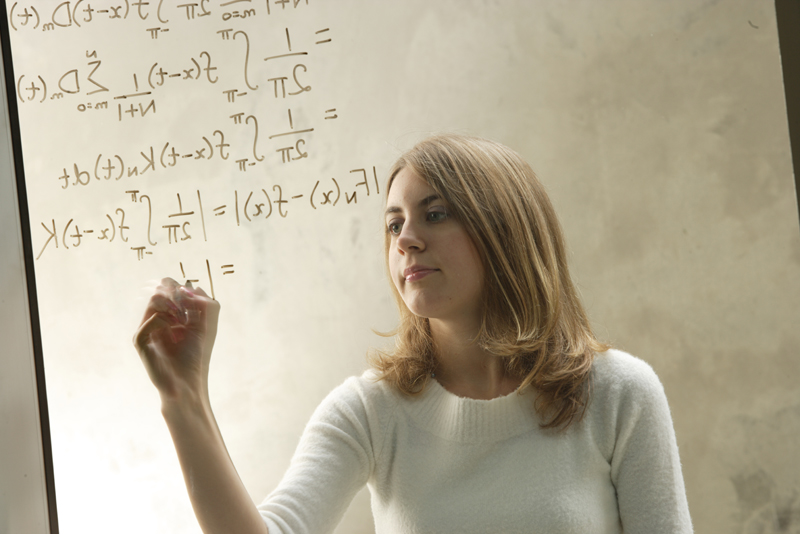What happens in the reflective process?
Now that you have an overview of a reflective practice model we will explore the process of reflective practice in each of the stages displayed.
Stage 1. Description of the situation: This provides the background detail that has prompted reflection and will include both details about the event and details about the writer’s feelings and thoughts during or at the time of the event.
Stage 2. Analysis: this stage of reflection involves uncovering our assumptions or beliefs. We tend to live our daily life and view the way the world ‘is’ without questioning why we might hold that view or belief or recognising that there could be other ways of viewing the same event. When we are able to identify ‘why’ we do or say what we do, we are then able to make choices that have been informed by our own self-understanding rather than doing something in a particular way because that’s ‘how I’ve always done it’ or because it’s ‘how everyone else does it’.
For example, I once felt 'bad' about my mathematical ability and that limited the type of work I applied for (ie I avoided work with any serious requirement for mathematical thinking skills).
I realised on reflection, over a number of years that I had had few opportunities to learn maths in ways that were more suited to my learning style*. To improve my work prospects, I made a decision to study maths in a setting that was more attuned to my own way of learning.
Once I realised that I could learn maths, that I wasn’t a ‘maths dummy’, I had gained enough confidence to know that if I needed to use higher level maths concepts in future positions, I could do this without feeling 'bad'.
Stage 3. Conclusion: In the example above the conclusion arrived at was, an understanding that my inability to learn maths was a result of ineffective learning opportunities whilst at school. That conclusion brought together understanding about myself and also an understanding of the environment that did not support my learning. Seeking new information or different perspectives about the same event will assist us gain fresh insights that may in turn result in developing a different perspective and arriving at different conclusions – about ourselves and about others.
Stage 4. Action Plan: Reflection can result in new insights that will motivate us to take action and plan steps that can be taken to ‘do it differently’ next time. In the example above, the plan was to attend adult night maths classes as a way of confronting my beliefs about my inability in the area of maths. The plan became action and the consequences, outlined above, altered both my thinking and feelings about my ability in the field of maths.
Now you are ready to undertake Reflective Activity 1.
